Home>Home Appliances>Heating & Cooling>What Is An Advantage Of Forced Air Heating?
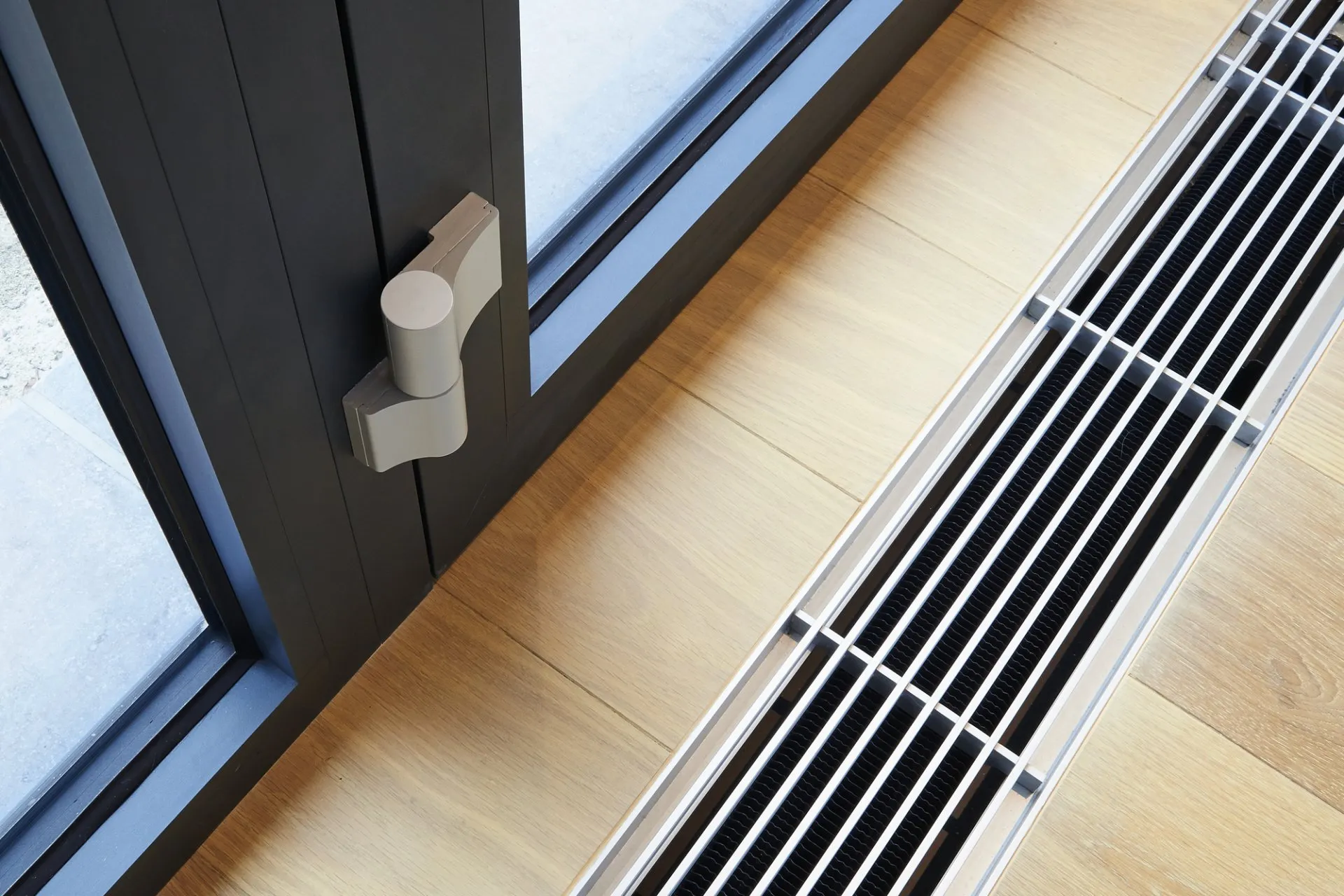

Heating & Cooling
What Is An Advantage Of Forced Air Heating?
Modified: August 17, 2024
Discover the benefits of forced air heating for efficient and consistent temperature control. Learn how this heating system can improve your home's heating and cooling.
(Many of the links in this article redirect to a specific reviewed product. Your purchase of these products through affiliate links helps to generate commission for Storables.com, at no extra cost. Learn more)
Efficient and Even Heating
Forced air heating systems offer a multitude of advantages, with efficient and even heating being a standout feature. These systems utilize a furnace to heat air, which is then distributed throughout the living space via a network of ducts. This method ensures that warmth is evenly dispersed, eliminating cold spots and providing consistent comfort throughout the home.
One of the primary benefits of forced air heating is its ability to efficiently warm a room. When the thermostat triggers the system, the furnace quickly heats the air, which is then propelled through the ductwork and into each room. This rapid distribution of warm air results in a swift increase in temperature, allowing occupants to experience cozy conditions in a matter of minutes.
Moreover, forced air heating systems are designed to maintain a consistent level of warmth. By evenly circulating heated air, these systems prevent temperature variations within the home, ensuring that every corner receives the same level of comfort. This uniform heating is particularly advantageous during colder months, as it creates a cozy and inviting atmosphere throughout the entire living space.
Furthermore, the even distribution of heat facilitated by forced air systems contributes to a more balanced indoor environment. By eliminating cold pockets and maintaining a steady temperature, these systems promote a comfortable and inviting atmosphere, allowing occupants to move freely without encountering abrupt changes in temperature.
In addition to providing efficient and even heating, forced air systems can be equipped with advanced features such as zoning capabilities. This allows homeowners to regulate the temperature in different areas of the house independently, further enhancing the system's ability to deliver personalized comfort and energy efficiency.
In summary, the efficient and even heating provided by forced air systems not only ensures rapid and consistent warmth but also contributes to a balanced and comfortable indoor environment. These systems are designed to deliver reliable heating performance, making them a popular choice for homeowners seeking optimal comfort and energy efficiency.
Key Takeaways:
- Enjoy Rapid and Consistent Comfort
Forced air heating swiftly warms every corner of your home, banishing cold spots and maintaining a cozy atmosphere. It’s like wrapping your home in a warm, comforting hug. - Breathe Easy with Cleaner Air
Forced air heating not only keeps you warm but also filters out allergens and circulates fresh air, creating a healthier and more comfortable living environment. It’s like having a breath of fresh air indoors.
Read more: What Is Oil Forced Air Heating?
Quick and Consistent Temperature Control
Quick and consistent temperature control is a hallmark feature of forced air heating systems, offering unparalleled convenience and comfort to homeowners. When it comes to maintaining an optimal indoor climate, the ability to swiftly adjust and sustain temperatures is paramount. Forced air heating excels in this aspect, providing rapid response to temperature adjustments while ensuring a consistent level of warmth throughout the living space.
One of the key advantages of forced air heating is its ability to respond promptly to temperature changes. When the thermostat is adjusted, the system springs into action, swiftly adjusting the airflow and heat output to achieve the desired temperature. This rapid response is particularly beneficial during extreme weather conditions, allowing occupants to promptly counteract temperature fluctuations and maintain a comfortable environment.
Furthermore, forced air heating systems excel in sustaining consistent temperatures once the desired level is reached. By continuously monitoring and adjusting the heat output, these systems ensure that the indoor climate remains stable, eliminating the need for frequent manual interventions. This consistent temperature control is especially advantageous for individuals who prefer a steady and predictable environment, as it minimizes the impact of external factors on indoor comfort.
Moreover, the quick and consistent temperature control offered by forced air heating systems contributes to energy efficiency and cost savings. The ability to swiftly adjust temperatures and maintain a consistent level of warmth reduces the system's runtime, resulting in lower energy consumption and decreased utility costs. Additionally, the precise temperature control minimizes the need for excessive heating, further enhancing the system's overall efficiency.
In addition to enhancing comfort and energy efficiency, the quick and consistent temperature control provided by forced air heating systems aligns with modern lifestyles. With the convenience of swiftly adjusting temperatures to suit changing preferences, homeowners can effortlessly create a personalized and comfortable living environment. This seamless control over indoor climate contributes to a more enjoyable and stress-free living experience, catering to the diverse needs of occupants.
In summary, the quick and consistent temperature control offered by forced air heating systems not only ensures rapid response to temperature adjustments but also sustains a consistent level of warmth, promoting comfort, energy efficiency, and convenience. These systems are designed to deliver precise and reliable temperature control, making them an ideal choice for homeowners seeking a seamless and comfortable indoor environment.
Improved Air Quality
Improved air quality is a significant advantage associated with forced air heating systems, contributing to a healthier and more comfortable indoor environment. These systems incorporate advanced filtration and circulation mechanisms that effectively enhance the quality of the air circulated throughout the living space.
One of the primary contributors to improved air quality in forced air heating systems is the integration of high-efficiency air filters. These filters are designed to capture and remove a wide range of airborne particles, including dust, pollen, pet dander, and other allergens, thereby preventing them from circulating within the home. By effectively trapping these contaminants, the filters promote cleaner and healthier indoor air, reducing the risk of respiratory issues and allergies for occupants.
Furthermore, forced air heating systems are equipped with ventilation components that facilitate the circulation of fresh outdoor air into the living space. This continuous exchange of air helps to mitigate the buildup of indoor pollutants and stale air, promoting a fresher and more invigorating atmosphere. Additionally, the ventilation process aids in regulating humidity levels, preventing the accumulation of excess moisture that can lead to mold and mildew growth, thereby contributing to a healthier indoor environment.
In addition to filtration and ventilation, forced air heating systems can be integrated with advanced air purification technologies. These technologies, such as UV germicidal lights and electronic air cleaners, work in tandem with the system to further eliminate airborne contaminants, including bacteria, viruses, and mold spores. By targeting and neutralizing these harmful microorganisms, these purification technologies significantly enhance the overall air quality within the home, creating a cleaner and safer living environment for occupants.
Moreover, the improved air quality facilitated by forced air heating systems has far-reaching benefits for occupants, particularly those with respiratory conditions or allergies. By reducing the presence of airborne irritants and pollutants, these systems contribute to a healthier indoor environment, allowing individuals to breathe easier and experience fewer discomforts associated with poor air quality.
In summary, forced air heating systems play a pivotal role in improving indoor air quality through the integration of advanced filtration, ventilation, and purification technologies. By effectively removing airborne contaminants and promoting the circulation of fresh, clean air, these systems create a healthier and more comfortable living environment for occupants, enhancing overall well-being and quality of life.
Cost-Effective Installation and Operation
Cost-effective installation and operation are key factors that make forced air heating systems an attractive choice for homeowners seeking efficient and affordable heating solutions. From initial setup to ongoing usage, these systems offer compelling advantages that contribute to long-term savings and financial viability.
Streamlined Installation Process
Forced air heating systems are known for their relatively straightforward and cost-effective installation process. Unlike some traditional heating methods that may require extensive structural modifications or complex installation procedures, forced air systems can be integrated into homes with relative ease. The availability of ductwork in many modern residences further simplifies the installation, reducing the need for extensive retrofitting and associated expenses.
Additionally, advancements in heating technology have led to the development of compact and efficient furnace units, further streamlining the installation process. These modern furnaces are designed to maximize space utilization while delivering robust heating performance, allowing for flexible placement options and minimizing the need for extensive structural alterations.
Energy Efficiency and Operational Cost Savings
Beyond the installation phase, forced air heating systems offer notable advantages in terms of energy efficiency and operational cost savings. These systems are designed to deliver efficient and consistent heating, optimizing energy utilization and minimizing wastage. The rapid heating capabilities of forced air systems contribute to shorter runtime, reducing overall energy consumption and associated costs.
Furthermore, the compatibility of forced air systems with programmable thermostats and zoning capabilities enhances their energy efficiency. By allowing homeowners to customize heating schedules and regulate temperatures in specific areas of the home, these features enable precise control over energy usage, resulting in additional operational cost savings.
Long-Term Financial Viability
The cost-effective nature of forced air heating extends to its long-term financial viability. With proper maintenance and regular servicing, these systems can provide reliable and efficient heating for an extended lifespan, offering sustained value and performance. Additionally, the compatibility of forced air systems with advanced air filtration and purification technologies contributes to improved indoor air quality, potentially reducing healthcare costs associated with respiratory issues and allergies.
Moreover, the widespread availability of forced air heating components and the competitive nature of the market contribute to cost-effective maintenance and repair services. This accessibility ensures that homeowners can access affordable and reliable support for their heating systems, further enhancing the long-term financial viability of forced air heating solutions.
In summary, the cost-effective installation and operation of forced air heating systems make them a compelling choice for homeowners seeking efficient and affordable heating solutions. From streamlined installation processes to long-term operational cost savings, these systems offer a range of financial benefits that contribute to overall value and sustainability.
Forced air heating systems are efficient and can quickly distribute heat throughout a space, providing even warmth and comfort.
Compatibility with Air Conditioning Systems
Compatibility with air conditioning systems is a pivotal advantage of forced air heating, offering homeowners a comprehensive and integrated solution for year-round climate control. The seamless integration of forced air heating with air conditioning systems provides a versatile and efficient approach to maintaining optimal indoor comfort across diverse weather conditions.
One of the primary benefits of compatibility with air conditioning systems is the convenience of a unified climate control infrastructure. Forced air heating systems, equipped with ductwork and a centralized furnace, can be easily integrated with air conditioning units, utilizing the same duct network and thermostat controls. This cohesive setup allows homeowners to manage both heating and cooling functions through a unified system, streamlining operation and maintenance while ensuring consistent performance.
Furthermore, the compatibility of forced air heating with air conditioning systems aligns with modern energy efficiency standards. By sharing the same ductwork and distribution infrastructure, these integrated systems optimize the utilization of resources, minimizing the need for redundant components and enhancing overall energy efficiency. This streamlined approach to climate control contributes to reduced energy consumption and operational costs, aligning with sustainable and cost-effective living practices.
Moreover, the compatibility of forced air heating with air conditioning systems promotes year-round comfort and convenience for homeowners. With the ability to seamlessly transition between heating and cooling modes, occupants can enjoy consistent and reliable climate control throughout the changing seasons. This versatility ensures that homes remain comfortable and inviting, regardless of external temperature fluctuations, providing a harmonious living environment for occupants.
In addition to enhancing indoor comfort, the compatibility of forced air heating with air conditioning systems supports the integration of advanced technologies for enhanced climate control. Modern HVAC systems offer features such as smart thermostats, zoning capabilities, and remote access, allowing homeowners to customize and optimize their indoor climate with ease. This integration of advanced technologies further elevates the convenience and efficiency of the combined heating and cooling infrastructure.
In summary, the compatibility of forced air heating with air conditioning systems presents a holistic approach to indoor climate control, offering seamless integration, energy efficiency, year-round comfort, and advanced technological capabilities. This comprehensive compatibility underscores the versatility and effectiveness of forced air heating systems, providing homeowners with a unified solution for maintaining optimal indoor environments throughout the year.
Frequently Asked Questions about What Is An Advantage Of Forced Air Heating?
Was this page helpful?
At Storables.com, we guarantee accurate and reliable information. Our content, validated by Expert Board Contributors, is crafted following stringent Editorial Policies. We're committed to providing you with well-researched, expert-backed insights for all your informational needs.
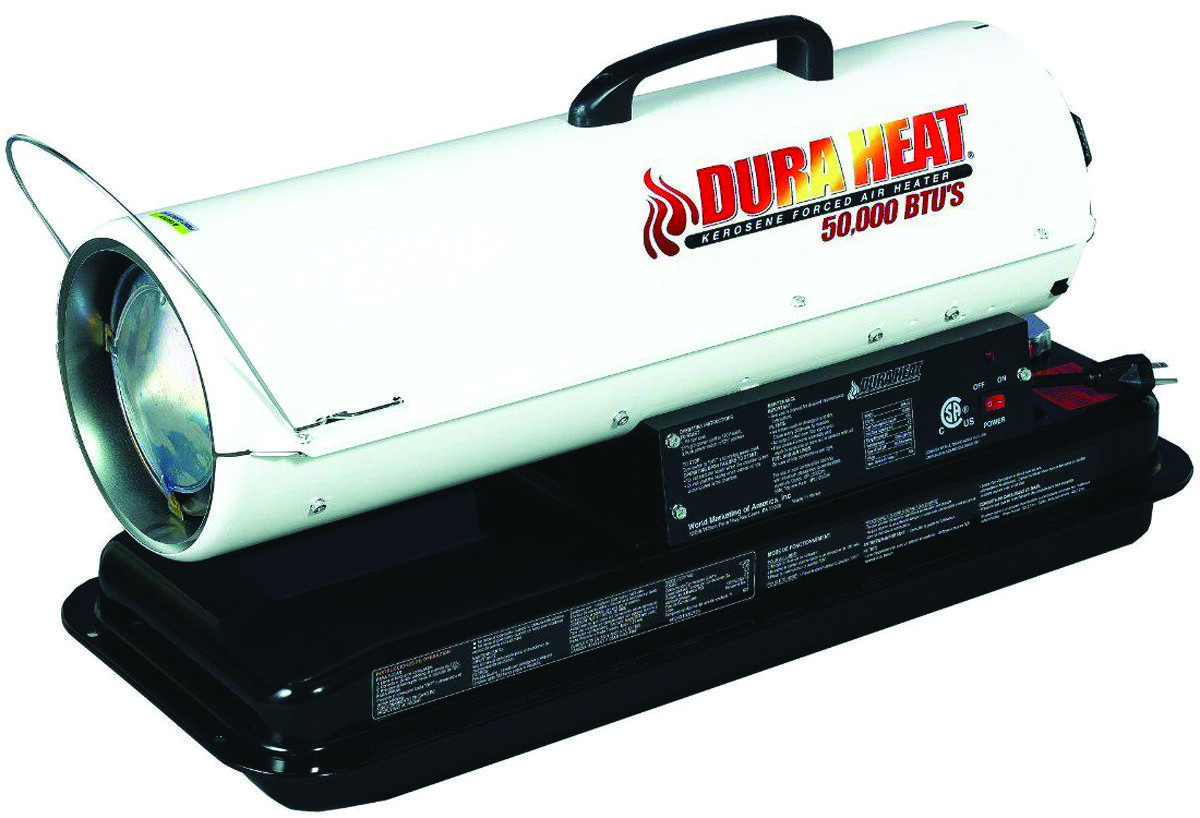
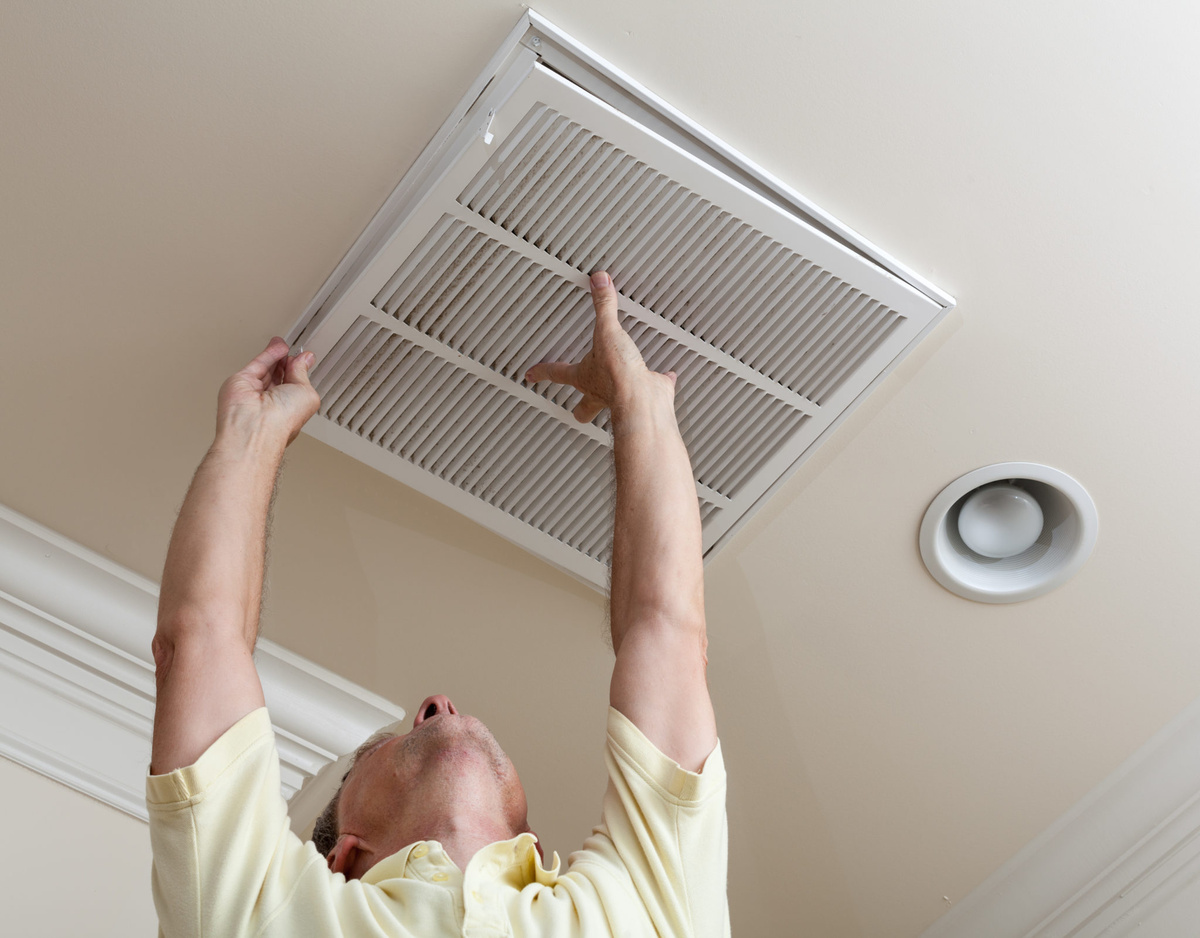
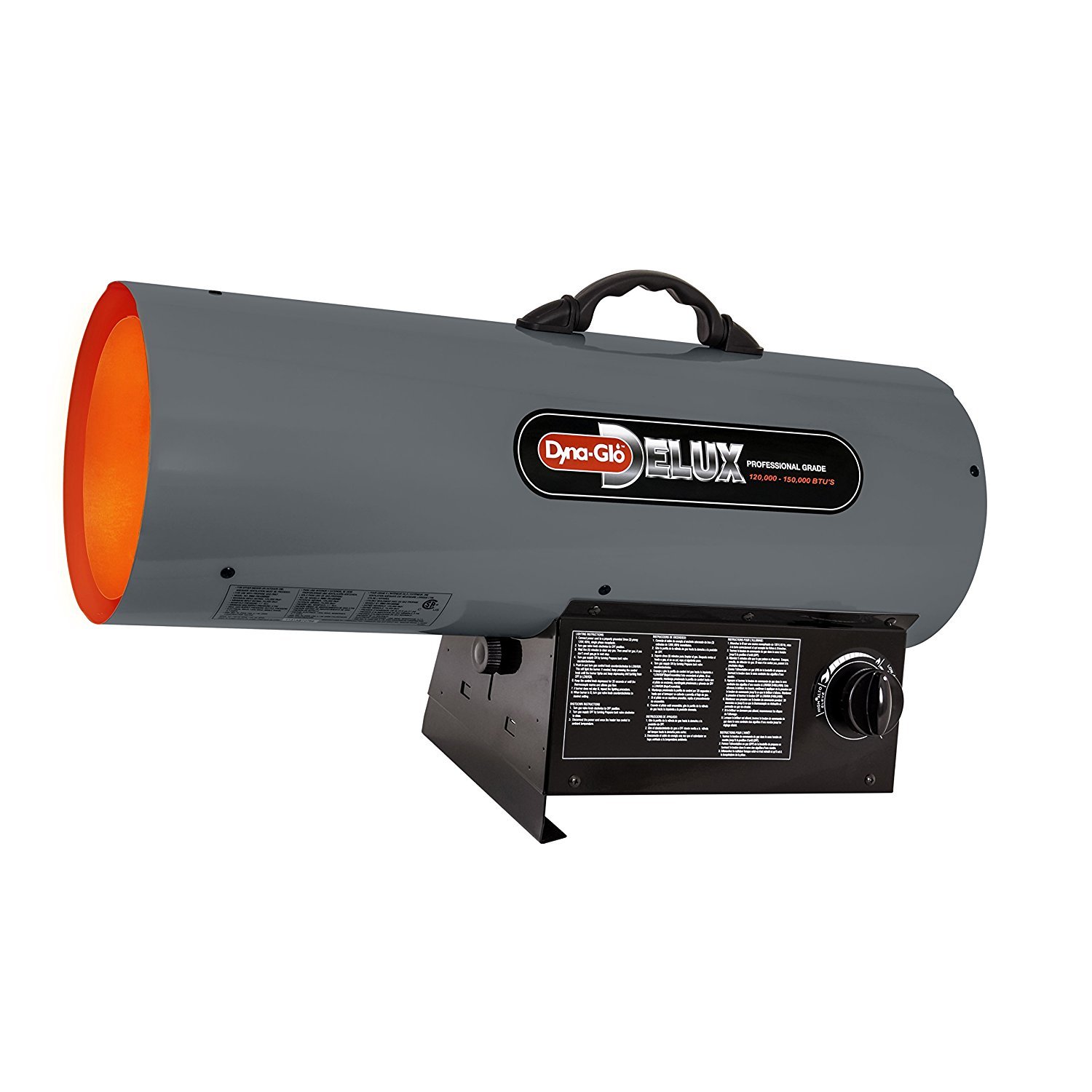
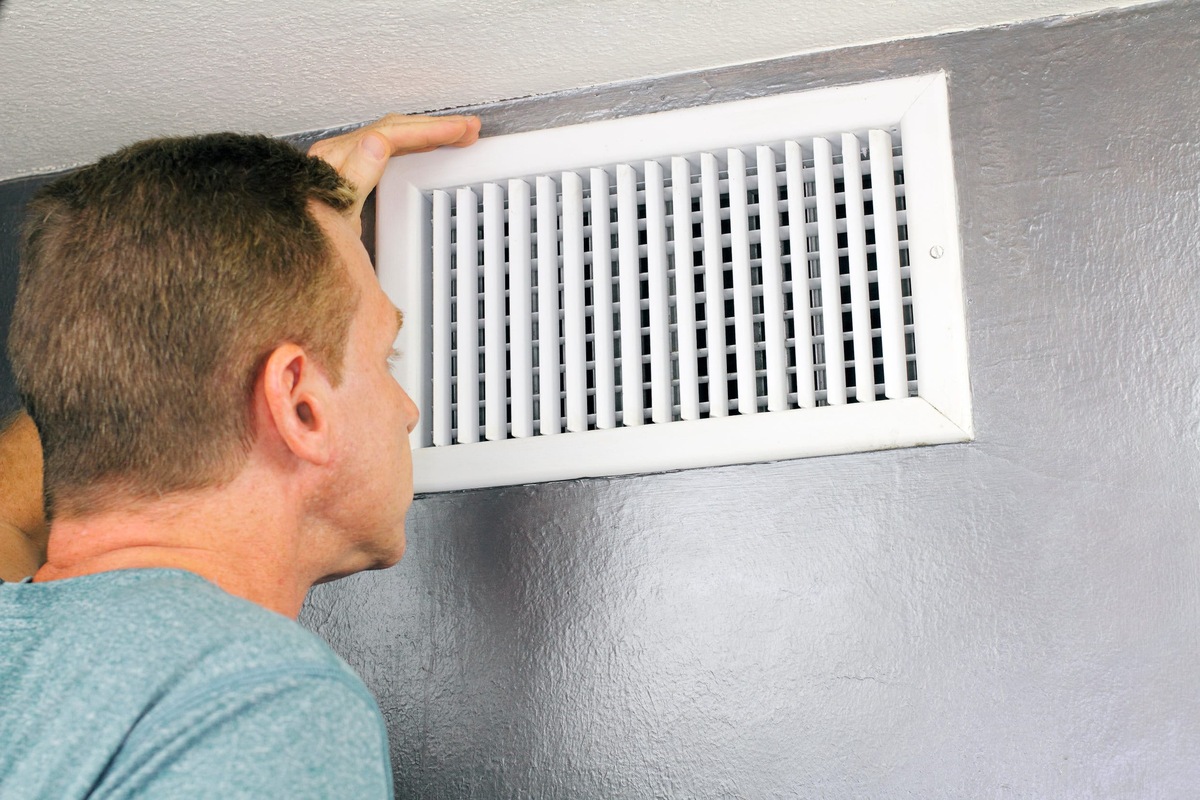
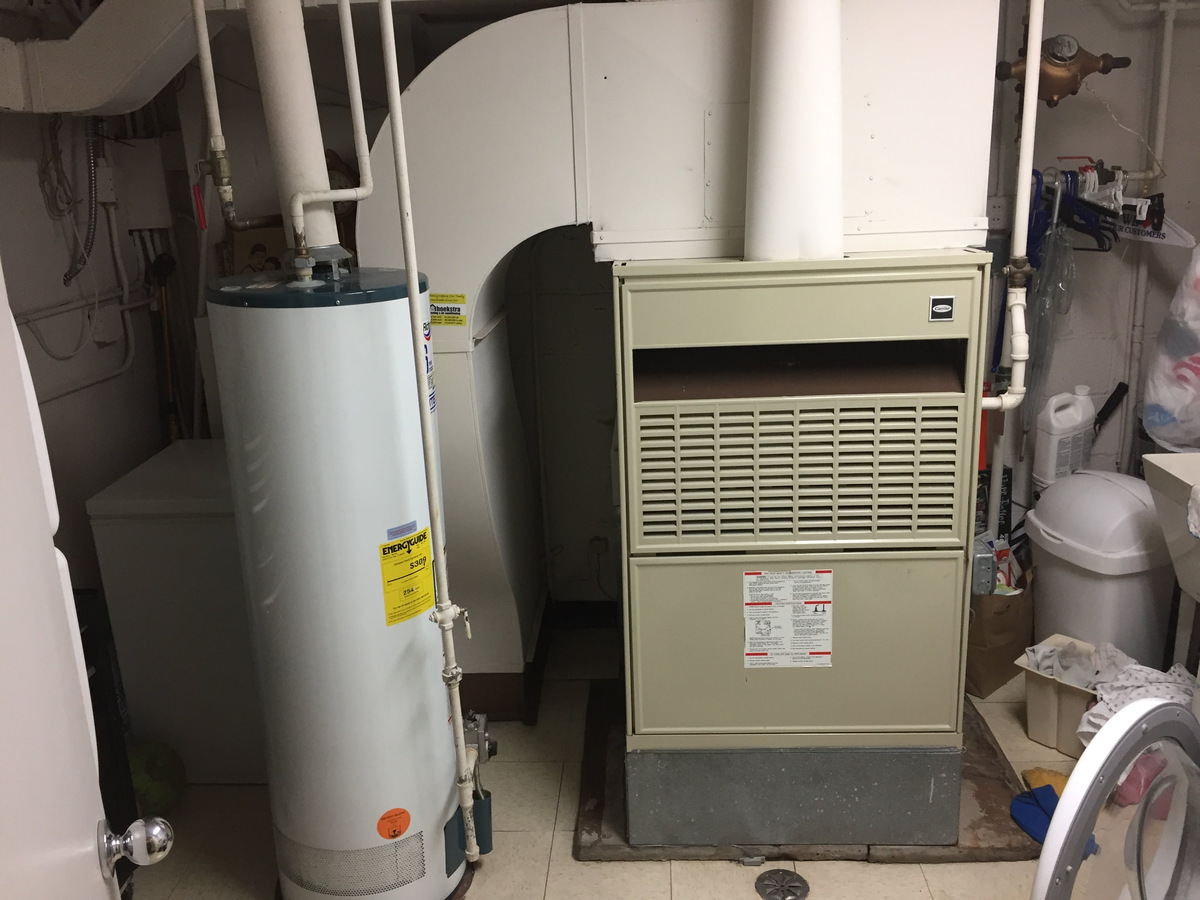
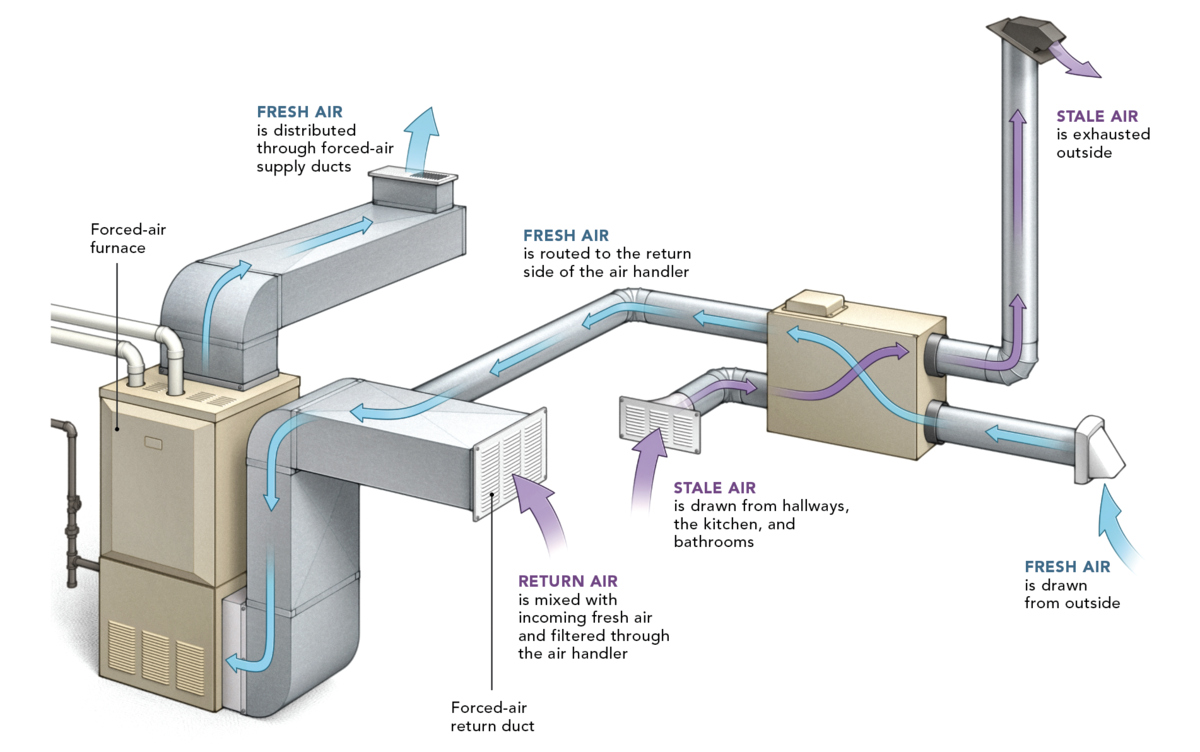
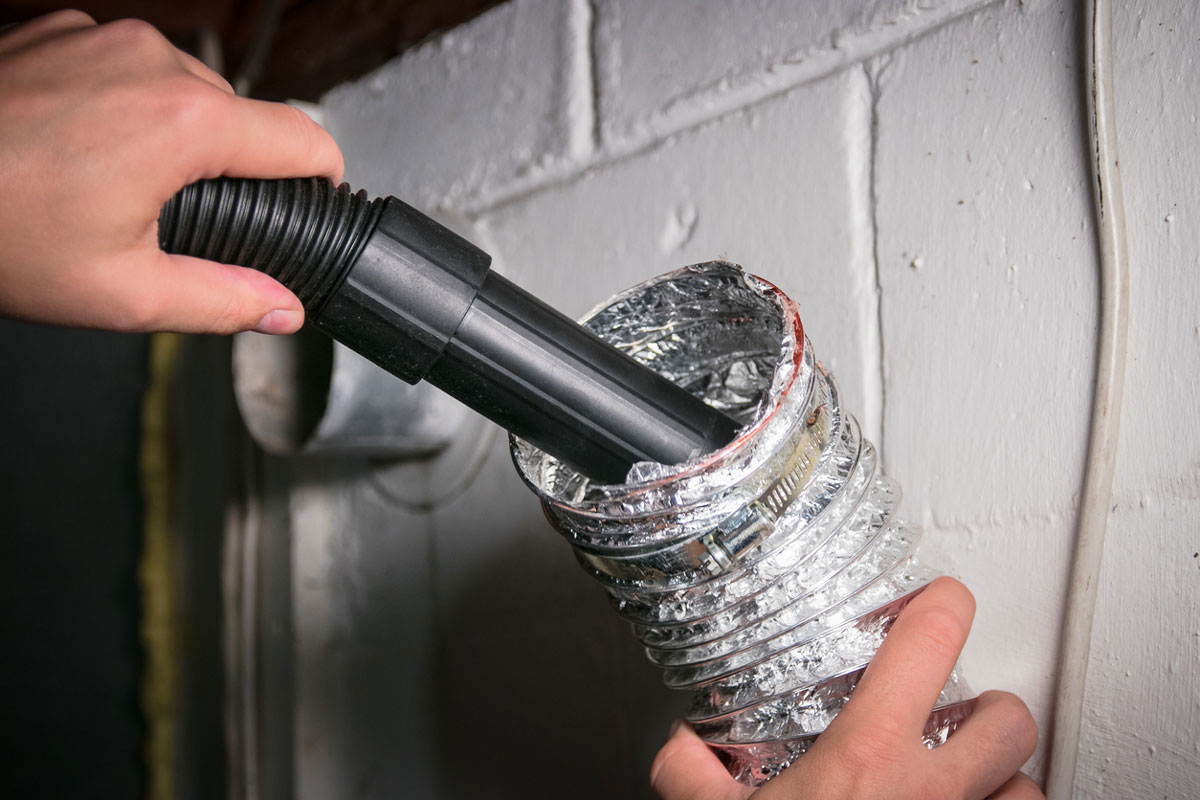
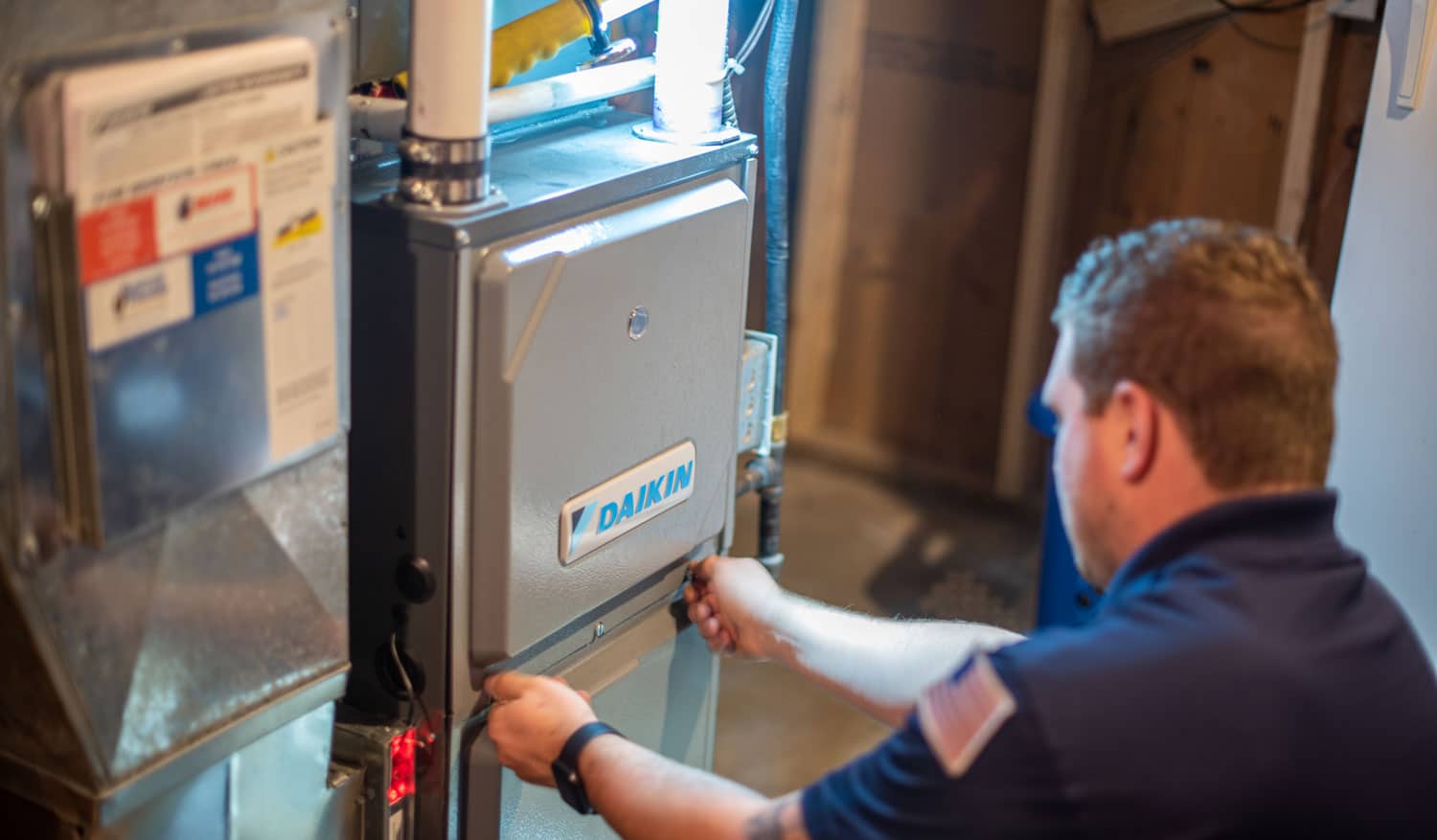
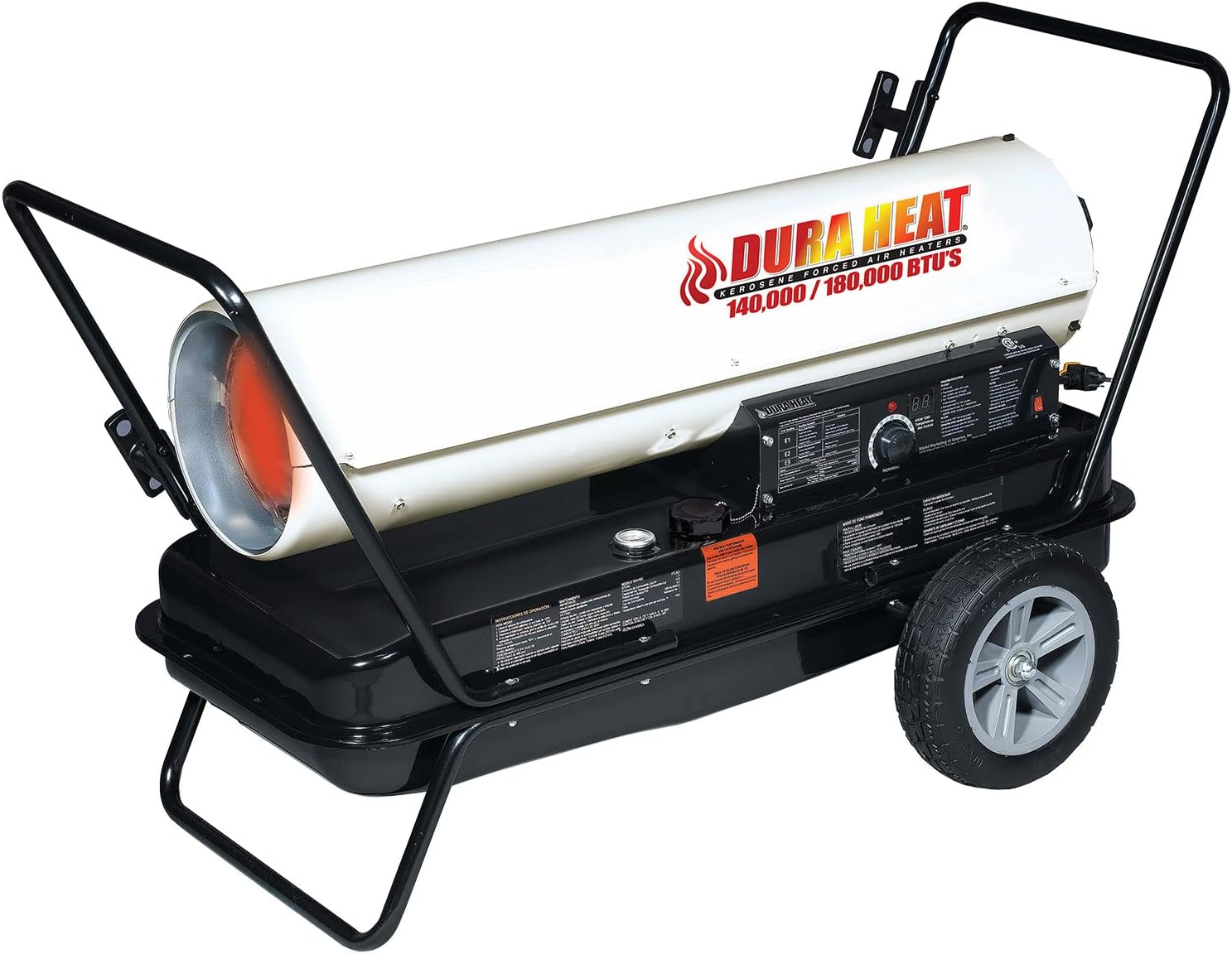
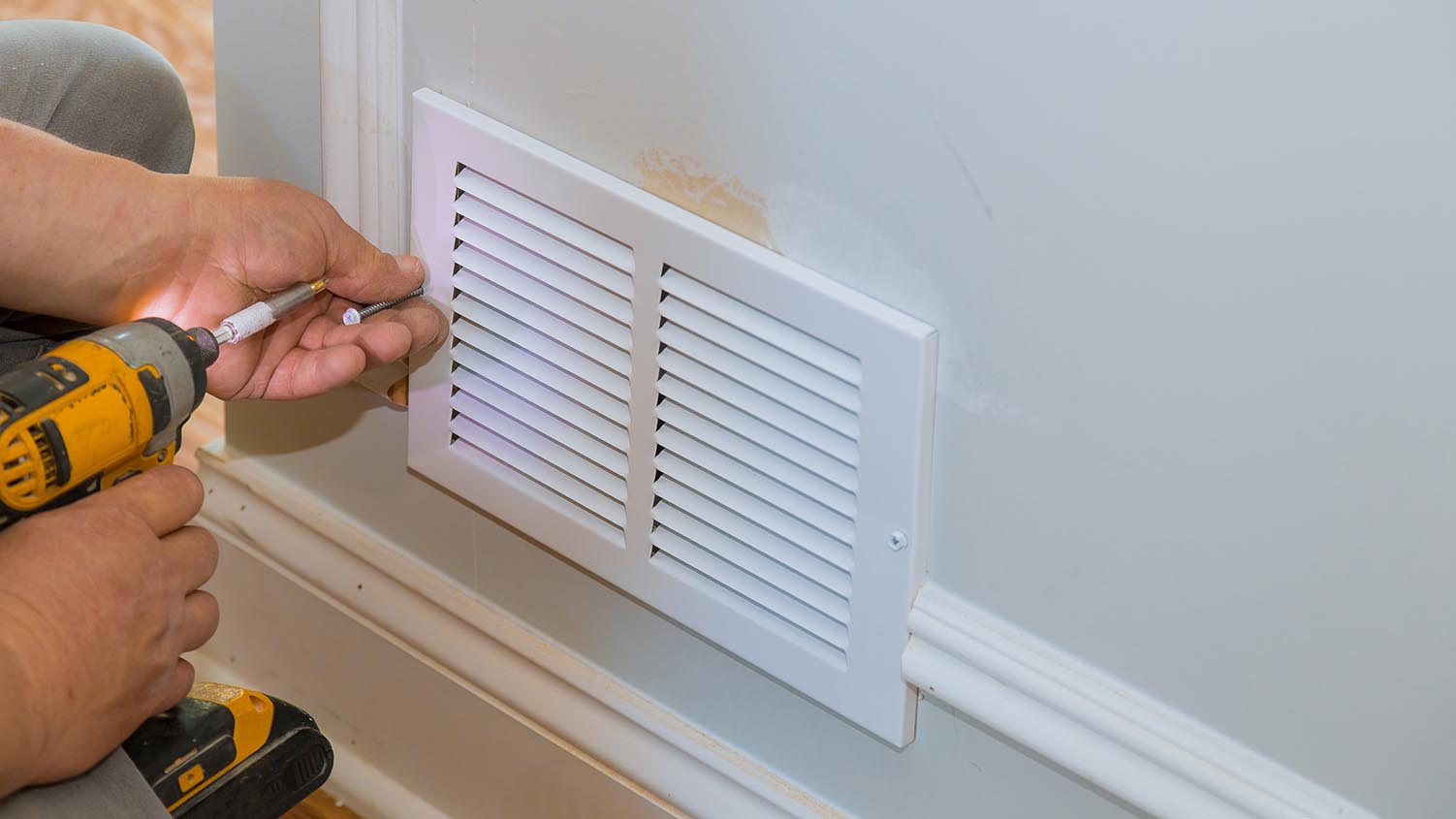
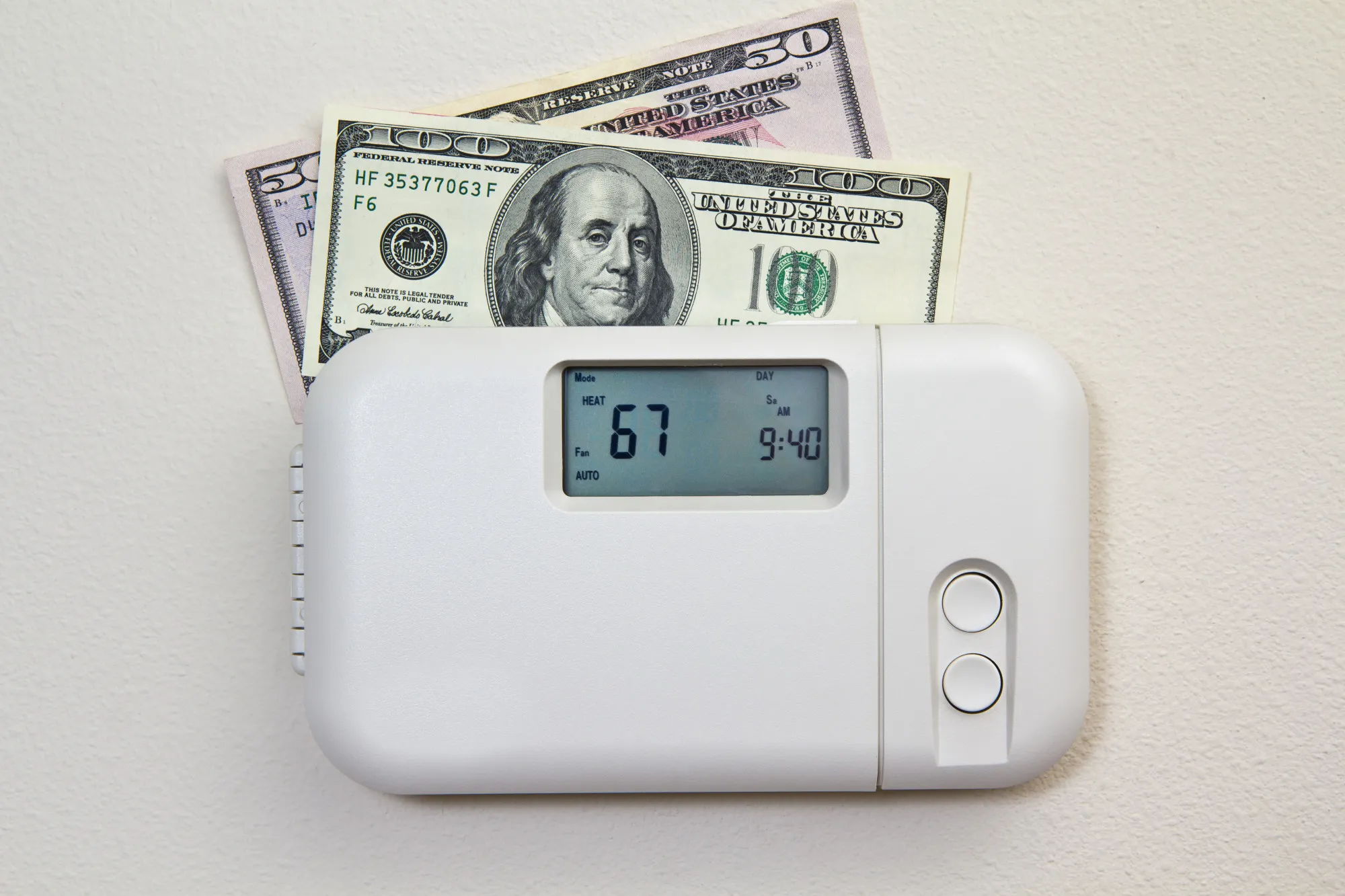
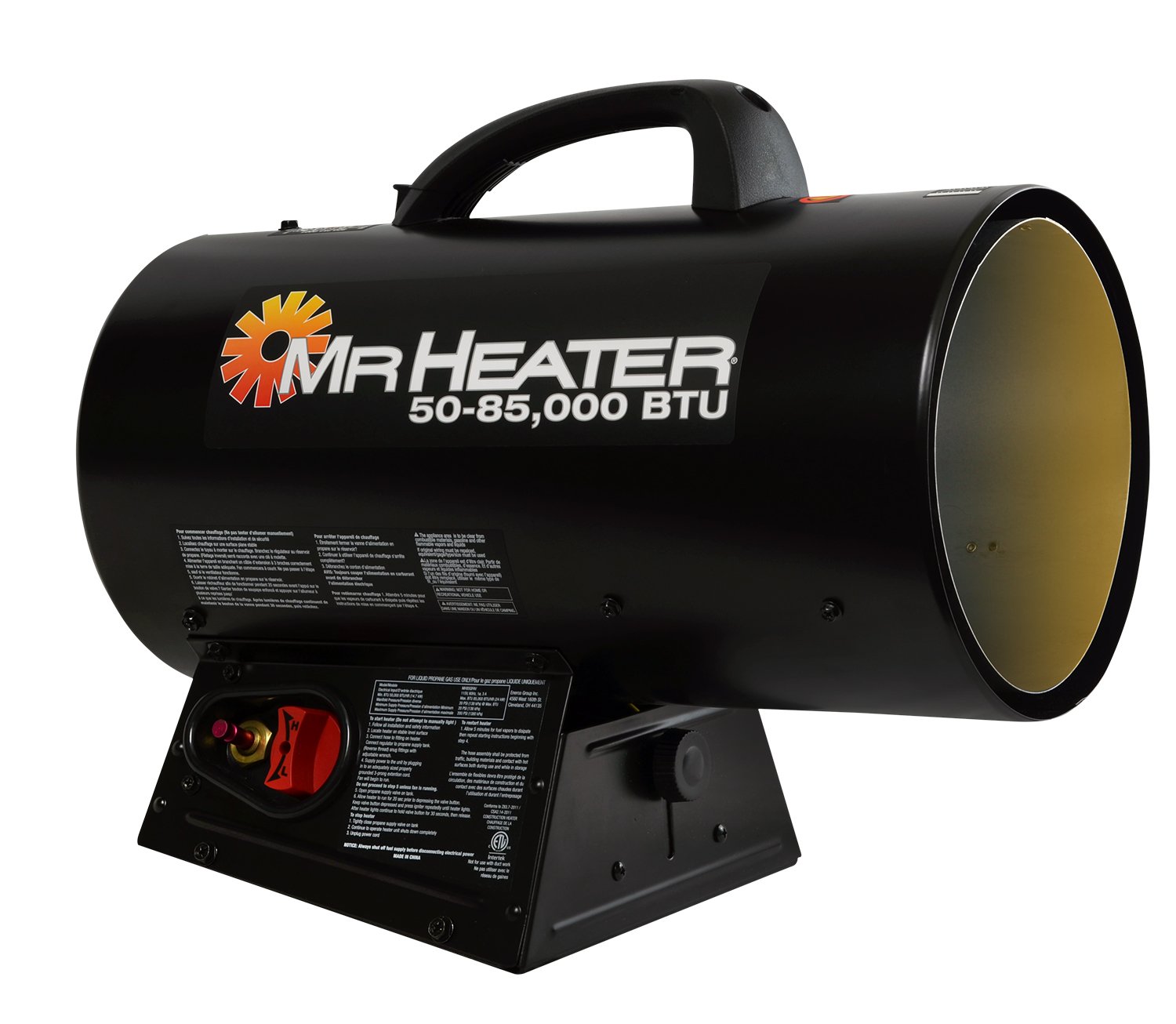
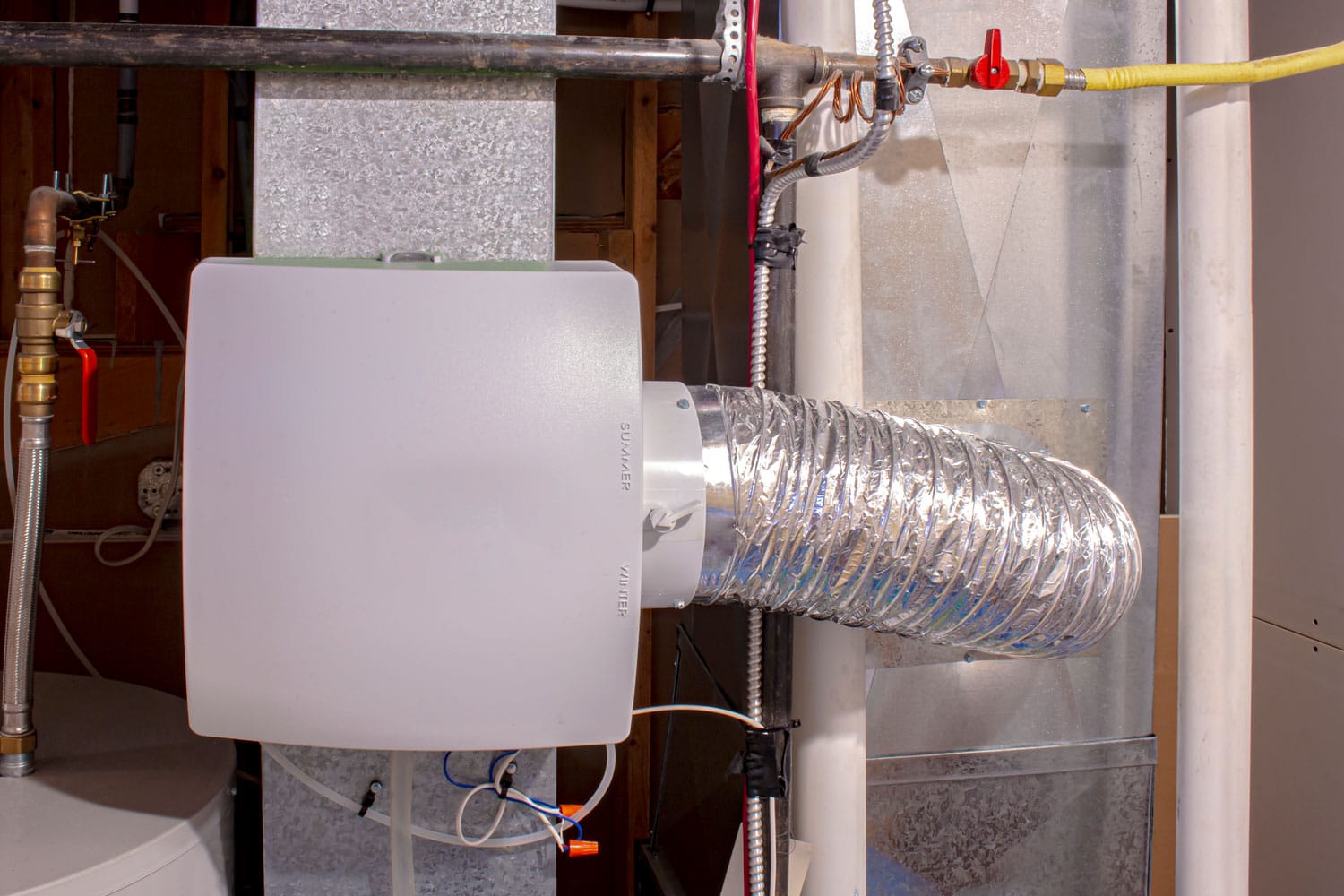
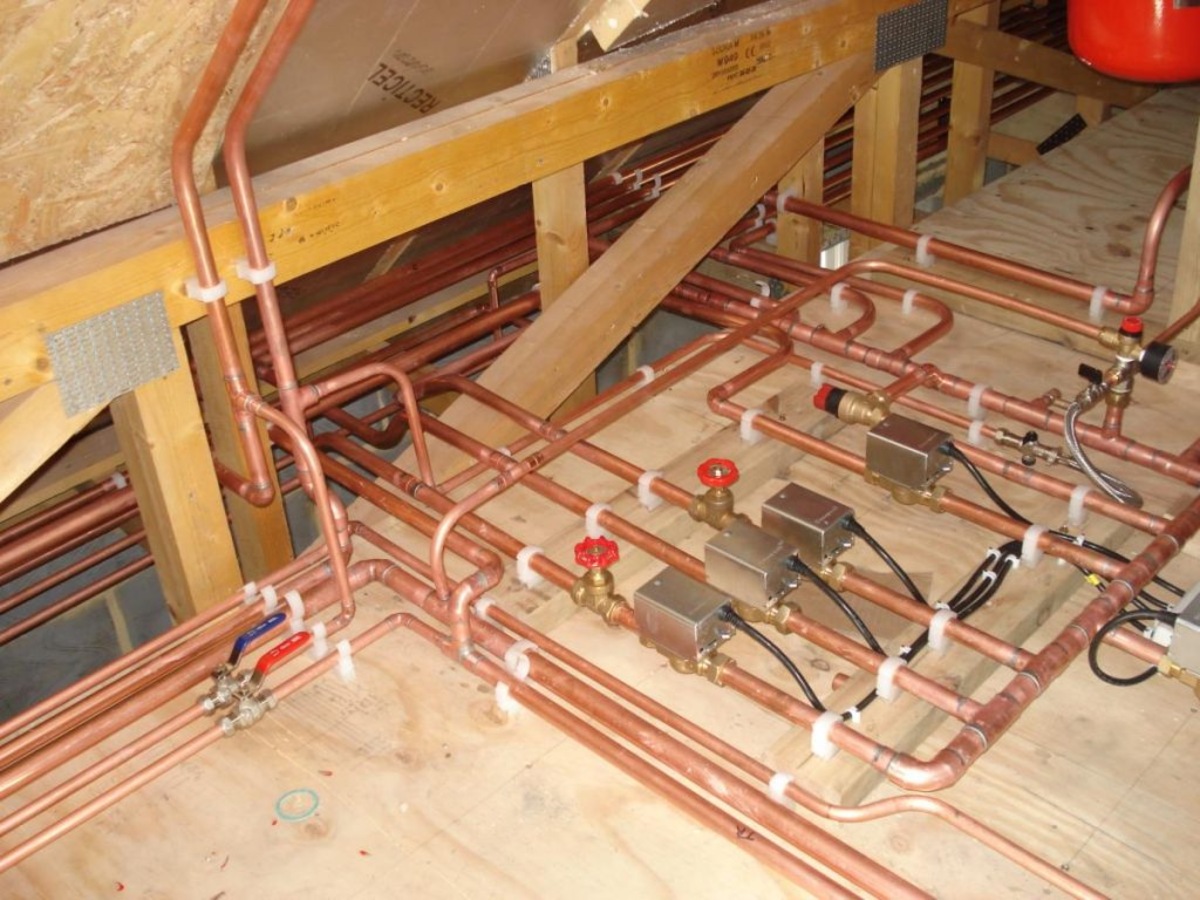

0 thoughts on “What Is An Advantage Of Forced Air Heating?”